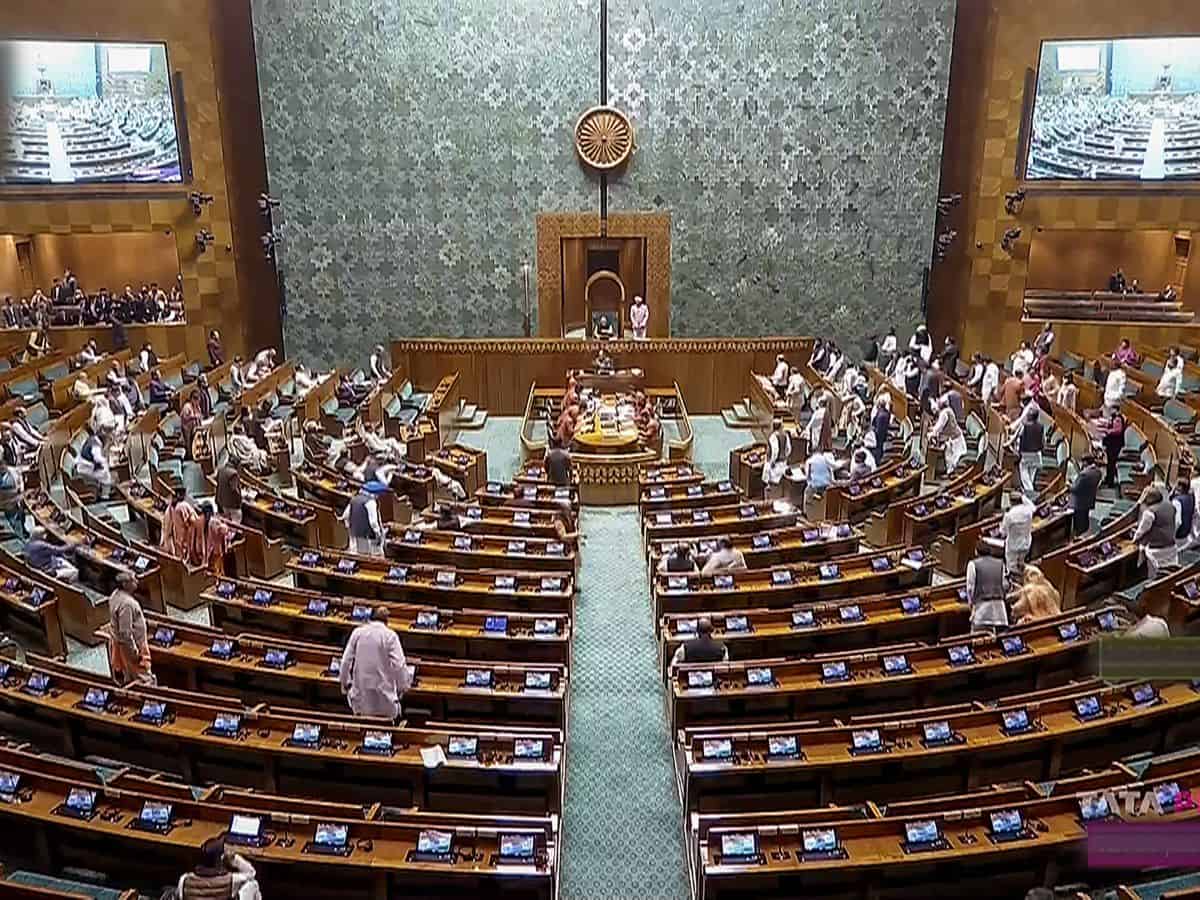
By Mohammed Amaan Khan
In an extraordinary turn of events, three transformative bills have been introduced in the Indian Parliament, reshaping critical aspects of the nation’s legal framework. The Bharatiya Nyaya (Second) Sanhita, 2023 (BNS2), the Bharatiya Nagarik Suraksha (Second) Sanhita (BNSS2), and the Bharatiya Sakshya (Second) Bill (BSB2) were passed amidst a unique parliamentary scenario, with 141 Opposition MPs suspended.
Modernizing criminal justice
Presented by the Ministry of Home Affairs on December 28, 2023, the BNS2 represents a seismic shift in India’s criminal justice system. While retaining core offences from the Indian Penal Code (IPC), the bill introduces groundbreaking changes to address contemporary challenges. A notable feature is the introduction of community service as a punitive measure, reflecting a modern approach to criminal sentencing.
Deviating from the IPC, the BNS2 eliminates the offence of sedition, replacing it with a broader provision targeting acts endangering the sovereignty, unity, and integrity of India. This adjustment aligns with evolving societal dynamics. Moreover, the bill addresses emerging threats by categorizing terrorism as a distinct offence, explicitly outlining acts intending to threaten the country’s unity, integrity, security, or economic stability.
The BNS2 gives explicit recognition to organized crime, covering a spectrum of criminal activities conducted on behalf of crime syndicates. It distinguishes between organized and petty organized crime, ushering in a nuanced approach to legal penalties.
However, the bill faces scrutiny, particularly regarding the retention of the age of criminal responsibility at seven years. Concerns about compliance with international conventions arise due to inconsistencies in age thresholds for offences against children and potential overlaps with existing special laws.
Overhauling criminal procedures
Unveiled on December 20, 2023, the BNSS2 aims to replace the archaic Criminal Procedure Code, 1973 (CrPC), focusing on arrest, prosecution, and bail procedures. The legislation introduces pivotal changes, mandating forensic investigations for serious offences, allowing digital proceedings, and broadening the scope of evidence collection.
Debates and concerns surround aspects of the BNSS2. The authorization of up to 15 days of police custody, potential issues of prolonged detention without bail, and controversial provisions like the use of handcuffs in organized crime cases prompt discussions. Critics argue that property attachment lacks safeguards, risking potential abuse and prolonged detention for accused individuals facing multiple charges.
Despite these concerns, the BNSS2 emphasizes modernization, aiming to expedite procedures, enhance forensic investigations, and facilitate digital proceedings. Its impact on decongesting prisons and harmonizing with existing laws will be closely monitored.
Advancements in the Evidence Act
Passed on December 21, 2023, by the Ministry of Home Affairs, the BSB2 aims to revolutionize the Indian Evidence Act of 1872 (IEA). While retaining key provisions, the bill introduces modern adjustments, sparking debates on the admissibility of electronic records and concerns about safeguarding against tampering during investigations.
A major shift in the BSB2 is the designation of electronic records as primary evidence, departing from the IEA’s classification as secondary evidence. Concerns about tampering have led to calls for stringent measures, including secure handling and processing through a proper chain of custody.
The bill introduces ambiguity by requiring certificate authentication for the admissibility of electronic records despite classifying them as primary evidence. Retaining provisions from the IEA, concerns persist about information obtained in police custody being admissible, with recommendations to exclude coerced information not incorporated. Drafting issues and the absence of certain recommendations from the Law Commission raise questions about the BSB2’s clarity and consistency.
More surprisingly, these bills were passed in a Parliament with 141 Opposition MPs suspended. This absence of opposition voices has raised concerns about overlooking segments of society represented by these MPs during the legislative process. The impact of these bills on India’s legal landscape and societal dynamics will undoubtedly be closely monitored as they progress through the legislative processes.
Mohammed Amaan Khan is a Research Fellow at CDPP and an aspiring economist who graduated with honours from Symbiosis School of Economics, earning a BSc in Economics. His primary focus lies in driving economic growth and resilience through data-driven strategies.



